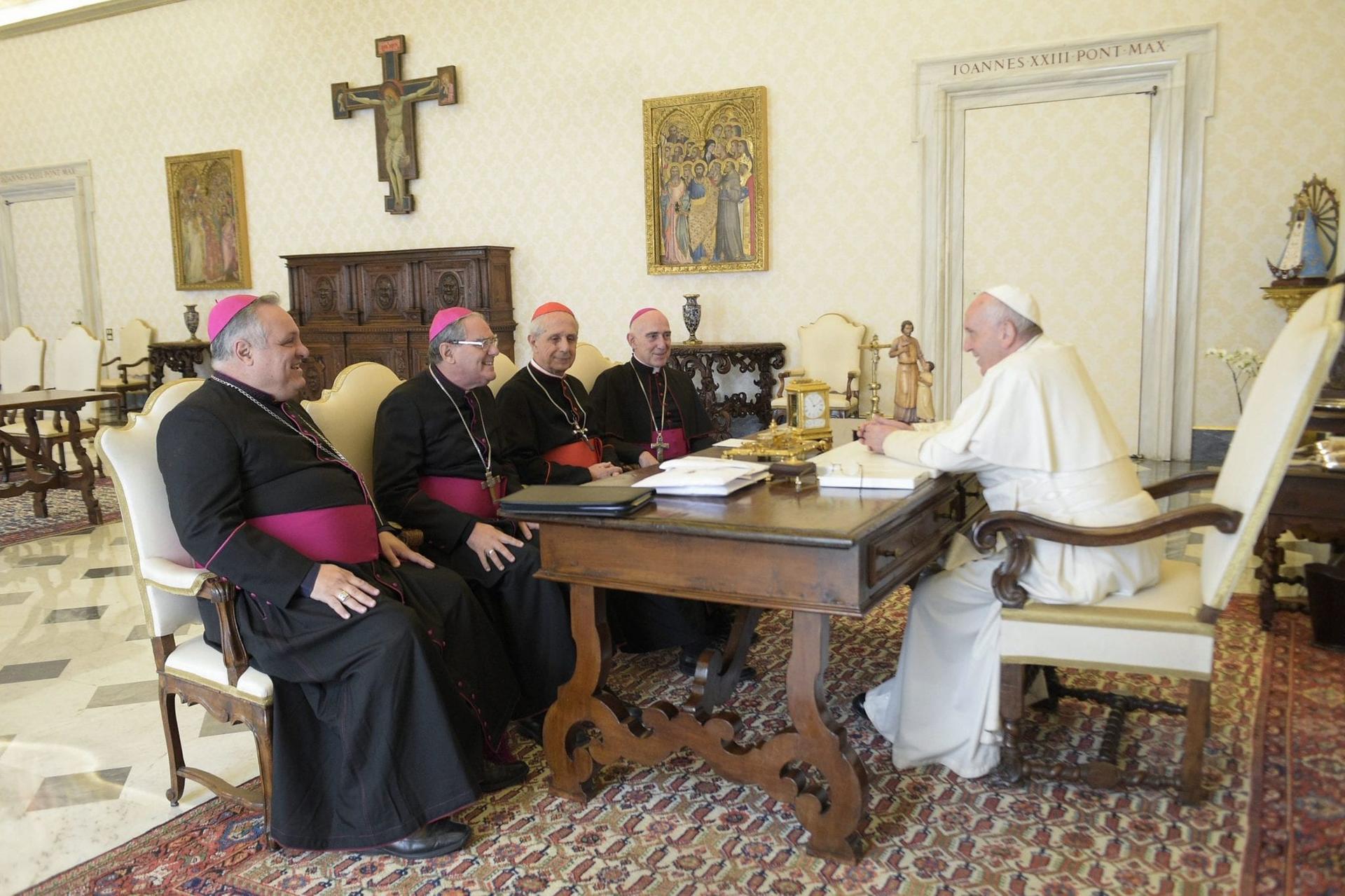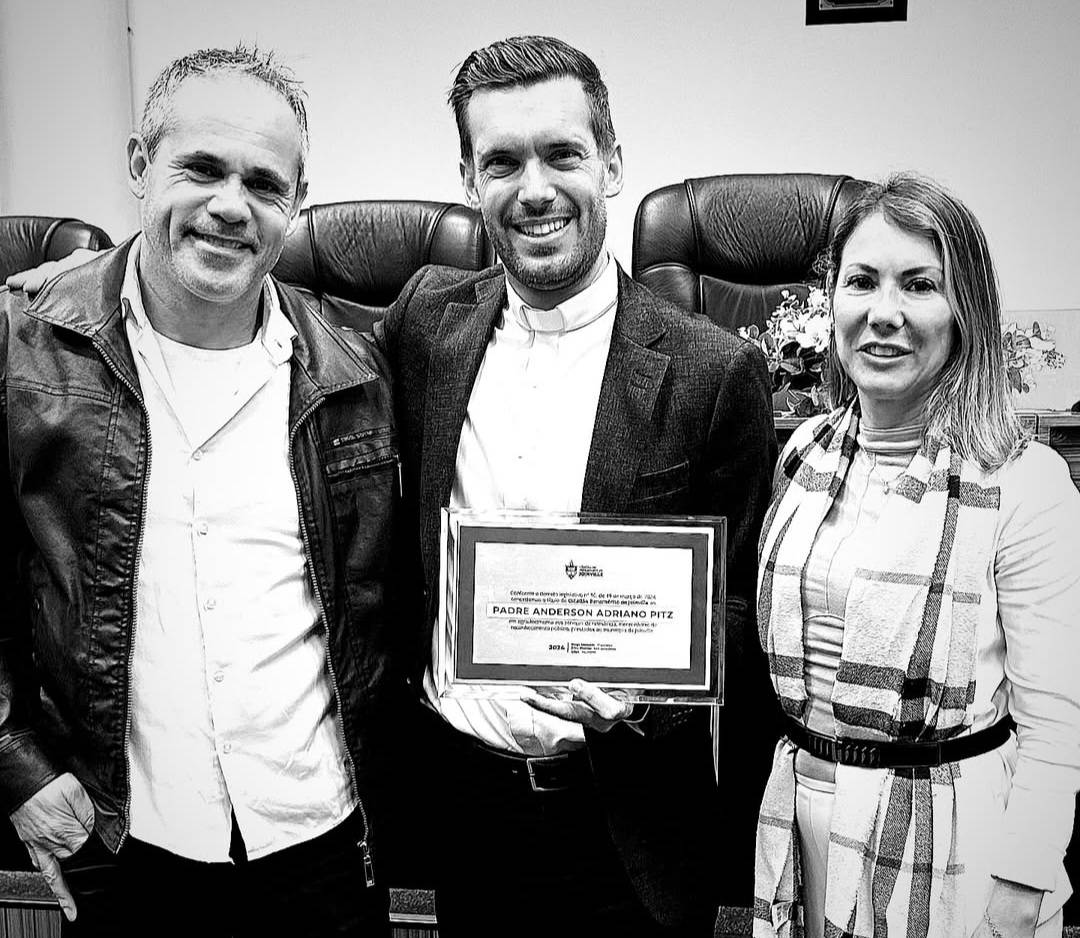ROSARIO, Argentina – Argentina’s Church is facing continuing restrictions on Mass as the country reaches the top of its curve during the COVID-19 coronavirus pandemic.
The country is currently seeing over 10,000 new cases a day, and regional governments keep going back and forth with restrictive measures, with the capital suffering the worst.
The 11 million people who live in Buenos Aires and its greater region have been without Mass since March, when the first nationwide lockdown was announced. More and more, people who want the Eucharist are beginning to attend a growing network of “clandestine Masses,” and the ecclesiastical authorities of Buenos Aires are beginning to demand that the government allow liturgical services with the presence of the faithful, although acknowledging some restrictions will apply.
In other regions of the country, however, Masses have been allowed for several months now, although there is usually a cap on the number of faithful allowed to be present — usually around 30, depending on the region.
Yet, as COVID-19 cases continue to increase, civil authorities are beginning to rethink what kind of prevention measures should be in place, with religious services receiving a lot of attention — most of it negative.
This is the case in the northern-central region of Mendoza, the heart of Argentina’s wine country. Masses with a cap of 30 people were authorized in mid-June, and since then, Church authorities have complied with all the safety measures that were requested by local governments in accordance with the advice of the scientific and medical community.
On Tuesday, Governor Rodolfo Suarez announced a series of new measures to combat the spread of COVID-19 in the province. Restaurants will remain open, with no more than 4 people at each table, and gyms will be allowed to work at 30 percent capacity. But the number of faithful allowed at Mass has been reduced to no more than 10, regardless of the size of each parish.
During a press conference, Suarez said the new regulations were a matter of “life or death,” adding that he’d spoken with several Catholic priests and urged them to find ways to reach out to people and dissuade them from attending Mass so that they remain in their homes.
The decision, and particularly the alleged conversations with local clergy, roused a response from Archbishop Marcelo Colombo of Mendoza, who released a statement on the same day saying “we are shocked and deeply regret the statements of the governor about this conversation with numerous priests that he is alleged to have had, urging them to discourage religious participation” by the laity.
Colombo said in his statement that the Church will continue to comply with the measures mandated by civil authorities, and accepted the new rules reducing the number of faithful participating in each Mass, but he didn’t hide his anger regarding the double standard of allowing more people at a gym or a restaurant than in a Church.
He accused Suarez of taking the “spiritual health” of the faithful “lightly,” and said that the governor’s words make evident “the lack of respect with which he treats us.” The Church, Colombo wrote, is an institution that has its own hierarchy and as such, it must be respected.
Reading between the lines, it was obvious the archbishop was frustrated over the fact that he was not consulted by the civil authorities, and the Catholic Church is expected to comply with unilateral restrictions to the sacraments.
There has been a growing number of Argentine Catholics in social media demanding the bishops take a stronger stance in defending freedom of religion and worship, denouncing the “double standard” of allowing restaurants and gyms to open with more people than places of worship.
Colombo said “the spiritual health of Mendoza also deserves to be respected and encouraged.”
Despite his frustration, the archbishop refused to fully oppose the governor, instead urging the priests and leaders of parish communities to comply with the new measures, “as we have been doing so far.”
“Our mission is to encourage the hope of our people, continue to care for life and not be discouraged in the face of adversity,” Colombo said.
Follow Inés San Martín on Twitter: @inesanma















